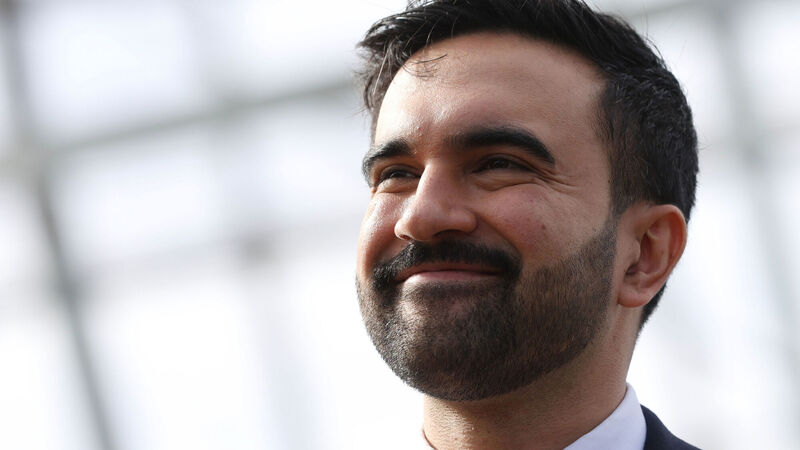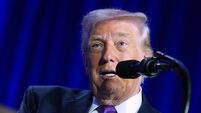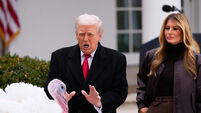Marion McKeone: Zohran Mamdani win rings starting bell for Donald Trump vs New York fight

New York City mayor-elect Zohran Mamdani. His relentless focus on the cost of living for ordinary New Yorkers, along with his sunny disposition and media expertise enabled him to create the biggest wave in the Democratic Party since Alexandria Ocasio Cortez in 2018. Picture: Heather Khalifa/AP
Nine months ago, fewer than 1% of New Yorkers could even identify Zohran Mamdani, the hitherto undistinguished state Assemblyman from Queens. On the other hand, everyone in New York and beyond knew exactly who Andrew Cuomo was; the former two-term governor of New York and scion of one of most powerful and connected Democratic families in the state’s political history.
For months, every twist and turn in this David and Goliath mayoral battle has riveted and thrilled New Yorkers.
















